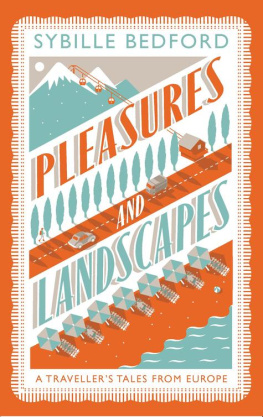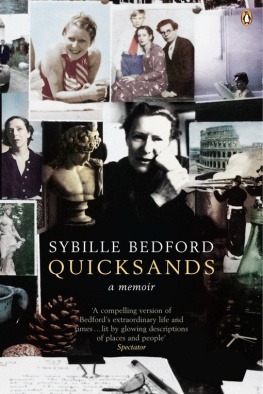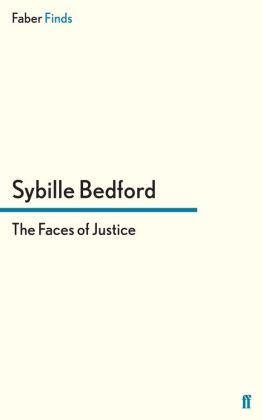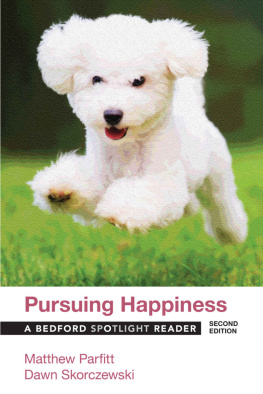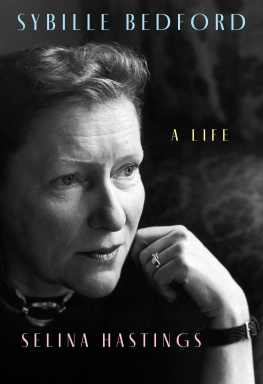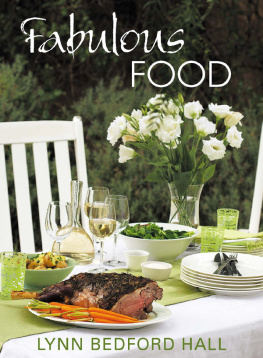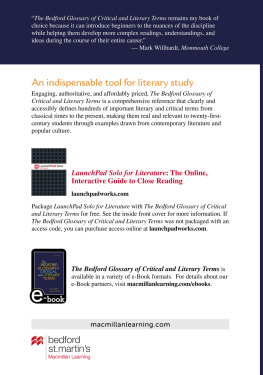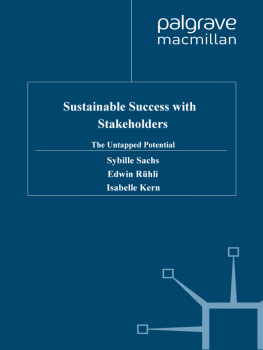Sybille Bedford - Pleasures and Landscapes
Here you can read online Sybille Bedford - Pleasures and Landscapes full text of the book (entire story) in english for free. Download pdf and epub, get meaning, cover and reviews about this ebook. year: 2014, publisher: Daunt Books, genre: Non-fiction. Description of the work, (preface) as well as reviews are available. Best literature library LitArk.com created for fans of good reading and offers a wide selection of genres:
Romance novel
Science fiction
Adventure
Detective
Science
History
Home and family
Prose
Art
Politics
Computer
Non-fiction
Religion
Business
Children
Humor
Choose a favorite category and find really read worthwhile books. Enjoy immersion in the world of imagination, feel the emotions of the characters or learn something new for yourself, make an fascinating discovery.
- Book:Pleasures and Landscapes
- Author:
- Publisher:Daunt Books
- Genre:
- Year:2014
- Rating:3 / 5
- Favourites:Add to favourites
- Your mark:
- 60
- 1
- 2
- 3
- 4
- 5
Pleasures and Landscapes: summary, description and annotation
We offer to read an annotation, description, summary or preface (depends on what the author of the book "Pleasures and Landscapes" wrote himself). If you haven't found the necessary information about the book — write in the comments, we will try to find it.
Pleasures and Landscapes — read online for free the complete book (whole text) full work
Below is the text of the book, divided by pages. System saving the place of the last page read, allows you to conveniently read the book "Pleasures and Landscapes" online for free, without having to search again every time where you left off. Put a bookmark, and you can go to the page where you finished reading at any time.
Font size:
Interval:
Bookmark:
Bedfords ability to recreate landscape is matched only by her appetite for mouth-watering descriptions of exotic food She cannot write a dull page. Financial Times
When the history of modern prose in English comes to be written, Sybille Bedford will have to appear in any list of its most dazzling practitioners. Bruce Chatwin
Bedford writes of the lure of the sensual life, the picnics, lobster salad, hock and seltzer and going to the opera, in Italy, in summer The Times
TO LESLEY
from her nervous passenger
Depuis huit jours, javais dchir mes bottines
Aux cailloux des chemins. Jentrais Charleroi.
An Cabaret-Vert: je demandai des tartines
De beurre et du jambon qui ft moiti froid.
Bienheureux, jallongeai les jambes sous la table
Verte: je contemplai les sujets trs nafs
De la tapisserie. Et ce fut adorable,
Quand la fille aux ttons normes, aux yeux vifs
Celle-l, ce nest pas un baiser qui lpeure!
Rieuse, mapporta des tartines de beurre,
Du jambon tide, dans un plat colori,
Du jambon rose et blanc parfum dune gousse
Dail, et memplit la chope immense, avec sa mousse
Que dorait un rayon de soleil arrir.
Arthur Rimbaud
I T IS ONLY HUMAN that those of us who live by the sweat of our inky fingers so often feel the urge to snatch our fugitive essays from oblivion and confine them once and for all within the covers of a book. For some of us, of course, it is just a form of vanity publishing: these compilations seldom make money for anyone and are fearfully vulnerable to the critical sneer, but they stand gratifyingly on our book-shelves, and they may give a bit of fun to our great-grandchildren.
For others, however, it is an assertion of arts unity. Bruce Chatwin evidently thought that the pieces collected in his What Am I Doing Here were an essential part of his oeuvre. V. S. Pritchetts miscellany At Home and Abroad was as worthy of his reputation as were his full-length travel books. And this collection by Sybille Bedford certainly clarifies her distinguished but somewhat imprecise status in the republic of letters. Everyone knows her name, but relatively few readers, especially perhaps in America, realise the range of her gifts novelist, biographer, analyst of the law, travel writer, celebrant of food, and mistress of an altogether inimitable prose.
Pleasures and Landscapes will make things clearer. It is an ideal primer. It consists of eight essays of varying length written between 1954 and 2001 for publications English and American, Encounter to Esquire. Their matter ranges from the sensations of hill walking to the best way of pronouncing Portuguese (lop off the final vowel and as many others as laziness suggests ), but their manner is one throughout: it is a deliberately but idiosyncratically literary manner. Although I suppose Mrs Bedford was usually writing in the first place to earn a dollar or two, she never relaxes her hold upon her technique, or her determination to translate scenes and events into a kind of apotheosised reportage.
This is wonderfully exhilarating, especially since none of the essays have been touched up in retrospect, except for an occasional footnote. These really are pleasures and landscapes, as they were at the time. Norman Douglas calls Martha Gellhorn a poppet in the Capri of 1948. Mateus ros is a wine to take note of in 1958. Going to Yugoslavia in the 1960s is a matter of curiosity, tinged with apprehension. The first impact of Switzerland after World War II comes rushing back in a torrent of immaculate, efficient, complacent, polite, and prosperous images. We feel that we are not looking back at life thirty, forty, fifty years ago but experiencing it for ourselves, with all its joys, hazards, and surprises.
All this means that the book is entirely personal and particular. There are very few generalisations. It is all instant response and instant emotion, and Mrs Bedfords unique style, though for all I know it is honed through long midnight hours, reads as though it streams out of her sensibility without preoccupation and without review. Occasionally I find it a little too irrepressible, especially when it comes to food (she is very interested in eating and drinking) her sea bream, charred and nutty, limpid olive oil, and fish soup of coruscating colour may drive readers of less urbane gourmandism, like me, all the more readily to the deep-freeze Ocean Pie.
On the whole, though, the impetuous integrity is fascinating to observe. Mrs Bedford has been writing her brilliantly individual (not to say eccentric) essays for decades, and to this day they make the work of most practitioners tame and conventional by comparison. Her piece The Quality of Travel is as fresh now, and as full of relevant advice, as it was when she wrote it in 1961. She says in a footnote to this book that it is for the reader to decide what is essentially unchanged and what is changed, but I think the caveat is unnecessary. What is essential is the truth of her writing. It comes straight from the heart the source, to my mind, not only of the best art but the best reporting too.
Jan Morris
CAPRI 1948
T HE NAPLES BOAT was on time. The crossing it was May had not been too gruelling. Lightly one stepped ashore and into the funicular, and, after a brief, slow ascent, emerged into Piazza still warm under a late afternoon sun.
I was elated. To be back, to be back anywhere in those days the year was 1948 felt a miracle. One responded with a delirious sense of freedom, rediscovery, renewal: the Europe for so long known to be held down in agony and chaos, so long believed lost to us, possibly forever, was beginning to be regained. I had spent immense privilege the winter in Italy, Venice first, then Florence, and was now living, somewhat precariously, in a backstreet hotel in Rome. I had stayed up late the night before all hours were precious then left at dawn, driving south chanting poetry to myself in the car I had been entrusted to deliver. By full morning, when the near-empty road (not much legitimate petrol around then) glared before me, I had to fight drowsiness till at one point there was a great jolt and I came to with the front wheel already off the road and was just able to wrench the car back on course. Jolted hard myself, I stopped I had missed the ditch, a milestone, a tree. Out of nowhere women arose from a field crying, Mamma mia. I braced myself to inspect the damage, but no no dent, no buckled mudguard, no burst tyre; the poor old Morris looked unscathed. I was not quite so sure about the steering as I drove on, slowly now, with circumspection, and contrite, appalled by my irresponsibility. This was not my car. Another hundred and forty kilometres to go, out of some two hundred and fifty. The prospect seemed long The dawn jaunt had turned into a slow, hot, anxious drive.
In the end I got there. I left the car as arranged, in a garage considered as far as is possible in Naples one of the less blatantly dishonest ones, and instructed them to check and, if necessary, repair the steering (the bill to go to me). After that, lunching with a friend, the young British Vice Consul, I got my second wind. Constantine Fitz-Gibbon was with us, and Theodora we were all high with the same postwar joy of being where we were, and I only just caught the boat to Capri.
On boarding, Constantine left me with a pill he said hed got off a German officer hed taken prisoner during the Italian campaign. It was a largish capsule, a bit tacky by now, issued reputedly to keep a man efficient and alert for forty-eight hours or more without sleep. Constantine seemed to think I might need it before the day was out (I had told him whom Id have to face). Recklessness had returned: I accepted the pill, wrapped it in a scrap of tissue, and put it in my pocket.
Font size:
Interval:
Bookmark:
Similar books «Pleasures and Landscapes»
Look at similar books to Pleasures and Landscapes. We have selected literature similar in name and meaning in the hope of providing readers with more options to find new, interesting, not yet read works.
Discussion, reviews of the book Pleasures and Landscapes and just readers' own opinions. Leave your comments, write what you think about the work, its meaning or the main characters. Specify what exactly you liked and what you didn't like, and why you think so.

